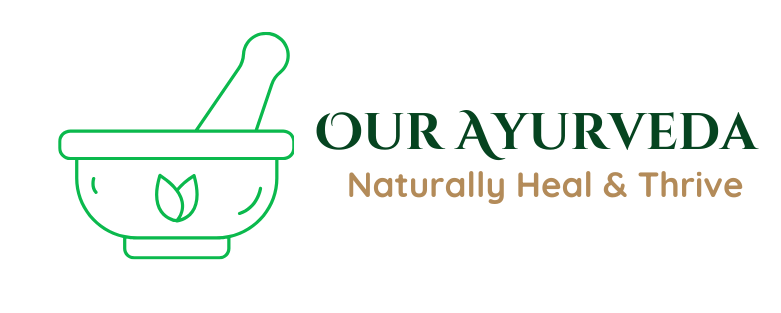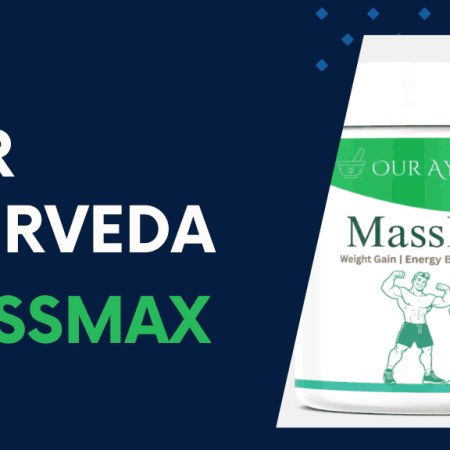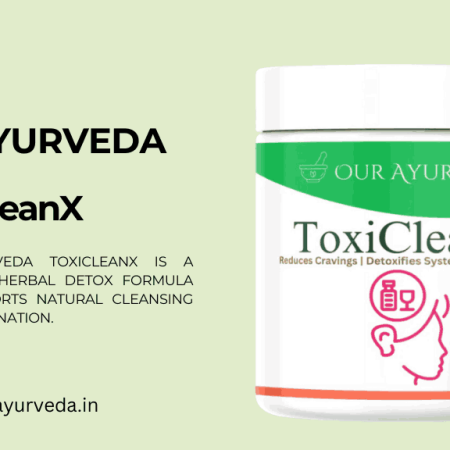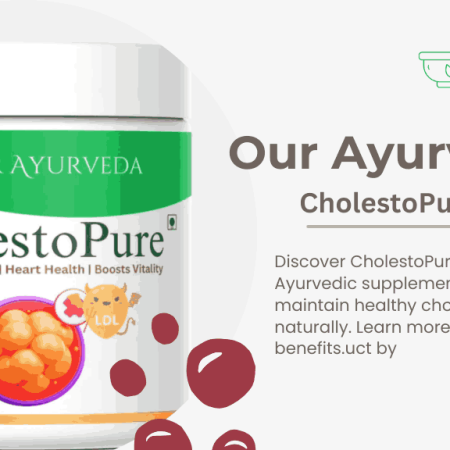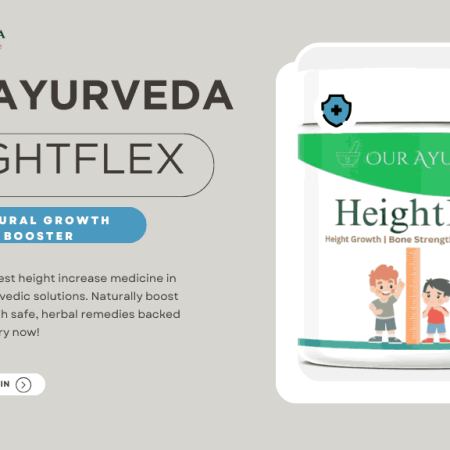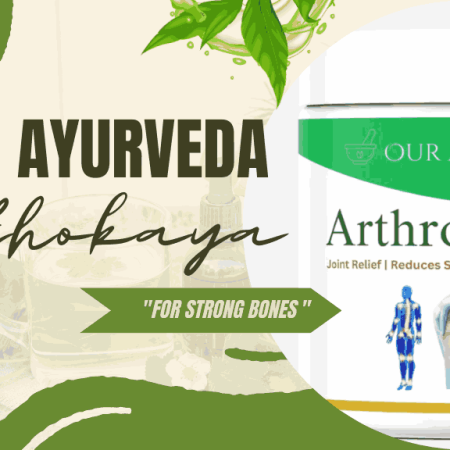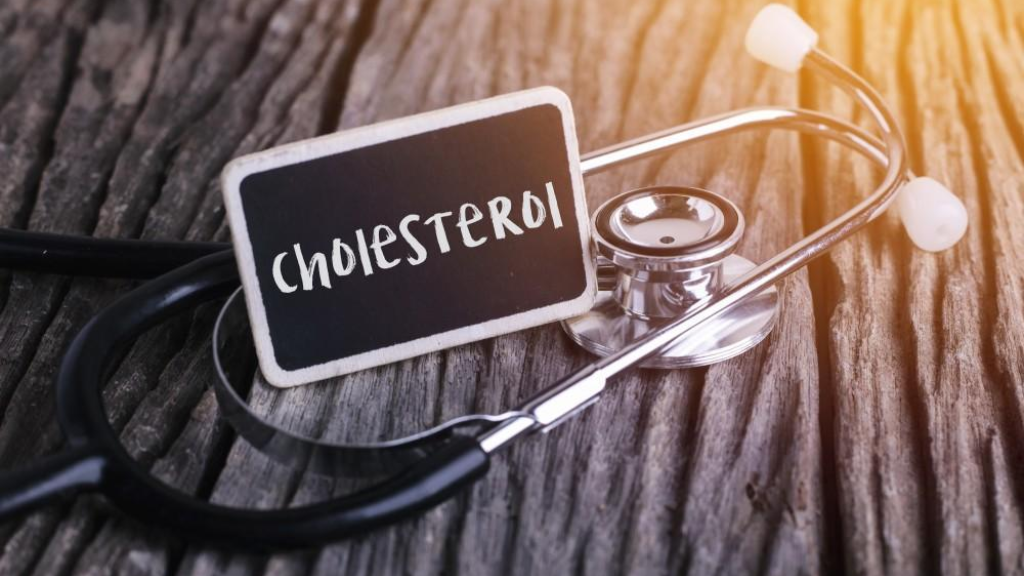

7 Natural Remedies for High Cholesterol
High cholesterol is a major risk factor for heart disease, the leading cause of death worldwide. While conventional medicine remains the most reliable way to manage cholesterol levels, many people are turning to natural remedies as complementary solutions. These natural alternatives are believed to help lower cholesterol and improve overall heart health—but how effective are they really?
In this blog, we explore 7 natural remedies for high cholesterol and also shed light on lifestyle changes that can support a healthy heart.
Why Consider Natural Remedies for Cholesterol?
Natural remedies are often seen as safer, gentler options. While there’s limited scientific evidence supporting their standalone effectiveness, many individuals have experienced some benefits—especially when used alongside prescribed treatments. However, it’s crucial to consult a healthcare provider before starting any herbal or alternative regimen, as some supplements may interfere with medications or cause side effects.
1. Astragalus
Astragalus is a powerful herb in traditional Chinese medicine known for its immune-boosting and stress-relieving properties. It’s considered an adaptogen and contains antibacterial and anti-inflammatory components.
Although some studies suggest it may benefit heart health, clinical evidence is lacking. According to the National Center for Complementary and Integrative Health (NCCIH), there isn’t enough reliable research to confirm its effect on cholesterol levels.
🔍 Caution: Lack of high-quality trials means more research is needed before it can be recommended as a cholesterol-lowering agent.
2. Hawthorn
Used since the Roman Empire, hawthorn is a shrub whose berries, leaves, and flowers have been traditionally used for heart issues.
Some studies suggest hawthorn may help manage mild heart failure, but results are conflicting. Moreover, hawthorn may interact negatively with several medications.
⚠️ Warning: Hawthorn supplements should only be taken under medical supervision due to potential drug interactions.
3. Flax Seed
Flax seeds and flaxseed oil are rich in alpha-linolenic acid (ALA), an omega-3 fatty acid linked to heart benefits.
Some research indicates flaxseed may help lower LDL cholesterol, especially in people with high cholesterol and postmenopausal women. However, results remain mixed.
💡 Tip: Add ground flaxseed to smoothies, yoghurt, or salads to boost heart health naturally.
4. Fish Oil Supplements with Omega-3 Fatty Acids
Fatty fish such as salmon, tuna, and sardines are excellent sources of omega-3s, which are widely believed to reduce the risk of heart disease.
Studies show that consuming 1–2 servings of fatty fish weekly may reduce heart attack risk. Fish oil supplements also provide benefits but aren’t as effective as getting omega-3s from whole fish.
🍣 Best Sources: Salmon, mackerel, herring, and trout.
5. Red Yeast Rice
Red yeast rice is a fermented product containing monacolin K, which is chemically identical to lovastatin—a commonly prescribed cholesterol-lowering drug.
Some red yeast rice products may reduce cholesterol, but others lack active ingredients or contain harmful contaminants like citrinin, a substance known to cause kidney damage.
❗ Important: Red yeast rice supplements should only be used with physician oversight due to safety concerns.
6. Plant Sterol and Stanol Supplements
These naturally occurring substances in plants help block cholesterol absorption in the small intestine, lowering LDL levels.
Plant sterols and stanols are added to various fortified foods like margarine, orange juice, and yoghurts.
🥬 Where to Find Them:
- Fortified spreads and drinks
- Nuts and seeds
- Whole grains
7. Garlic
Garlic has long been used for its medicinal properties. Some evidence shows it may help lower cholesterol and blood pressure.
A few studies suggest taking garlic for 1–3 months can reduce cholesterol, but long-term effects are unclear.
🍽️ How to Use:
- Fresh or cooked in meals
- Garlic capsules or tablets (consult a doctor before use)
Pros and Cons of Natural Remedies
✅ Pros
- Easily available without prescription
- Can support existing treatments
- Natural and holistic approach
❌ Cons
- Not regulated like prescription drugs
- Lack strong scientific validation
- Can interact with medications
Lifestyle and Dietary Changes That Help
Alongside natural remedies, making healthy lifestyle choices is one of the most effective ways to manage cholesterol levels. Here’s what you can do:
🫀 Healthy Habits
- Quit smoking: Reduces overall cardiovascular risk.
- Maintain a healthy weight: Helps manage cholesterol naturally.
- Exercise regularly: Aim for at least 150 minutes of moderate activity per week.
🥗 Heart-Healthy Diet
- Eat more soluble fibre: Oats, beans, fruits, and vegetables.
- Include omega-3 rich foods: Fatty fish, walnuts, and chia seeds.
- Use healthy fats: Replace butter with olive oil or avocado.
- Avoid trans fats and limit saturated fats.
- Drink alcohol in moderation.
- Manage stress through meditation, yoga, or counselling.
Conclusion: Are Natural Remedies Worth Trying?
Natural remedies can be a valuable part of your heart health routine—but they’re not a substitute for medical treatment. If you’re considering trying any of the remedies listed above, consult your doctor first to ensure they’re safe and effective for your health condition.
Remember, the most effective approach to managing high cholesterol involves a combination of prescribed medication (if needed), a balanced diet, regular physical activity, and healthy lifestyle habits.
💬 Have You Tried Any Natural Remedies for High Cholesterol?
Let us know your experience in the comments below. Have natural remedies worked for you? Share your thoughts or questions—your journey might help someone else take a step toward a healthier heart.
